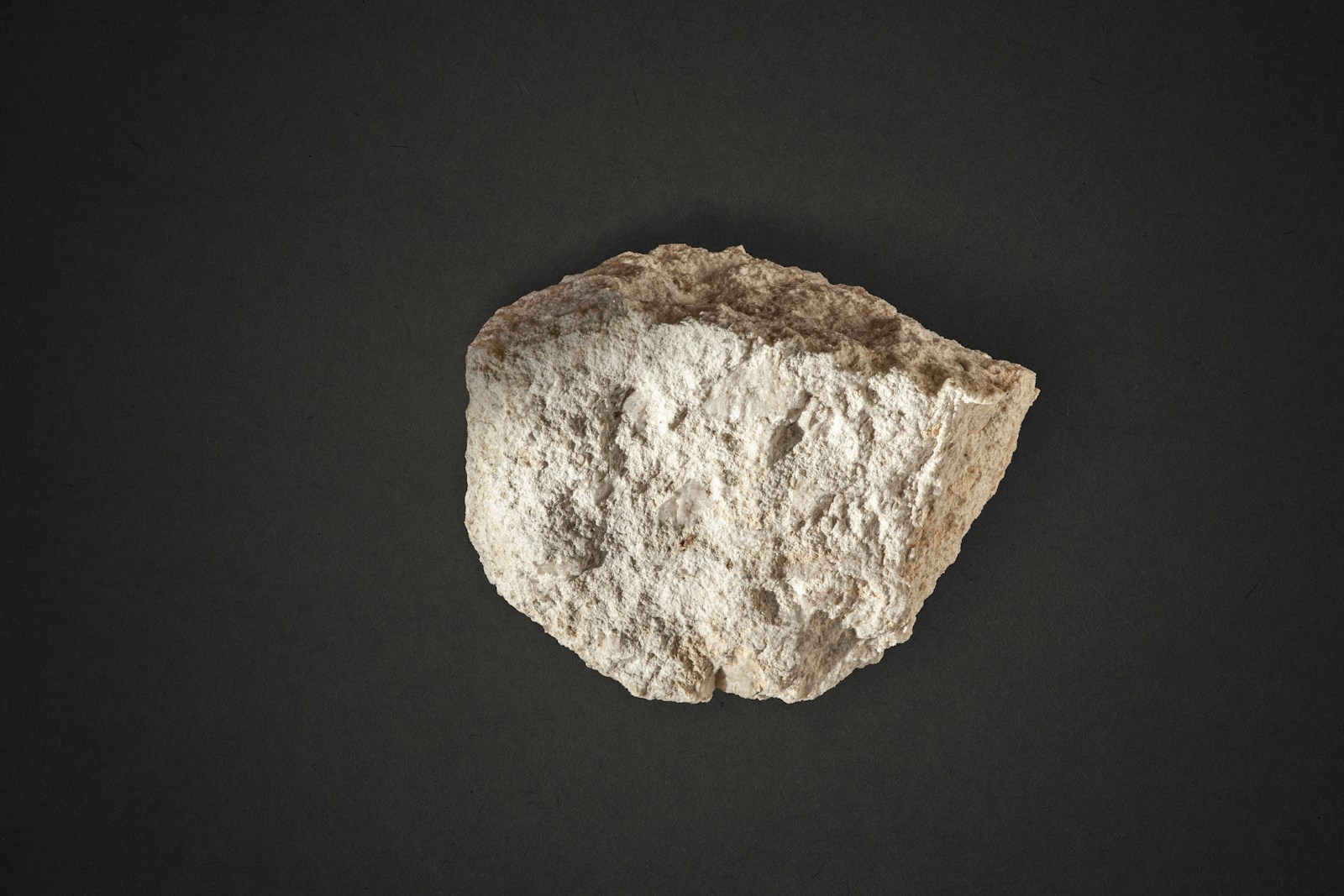Brussels, 21 March 2025 – In a critical moment for global security, European Council President António Costa and European Commission President Ursula von der Leyen convened an online meeting with leaders from Iceland, Norway, Türkiye, and the United Kingdom on Friday. This high-level video conference marked the second iteration of a unique diplomatic format aimed at fostering cooperation between the European Union (EU) and like-minded non-EU countries during a period of unprecedented geopolitical challenges.
Joining Presidents Costa and von der Leyen were High Representative Kaja Kallas, Icelandic Prime Minister Kristrún Frostadóttir, Norwegian Prime Minister Jonas Gahr Støre, Turkish President Recep Tayyip Erdoğan, and UK Prime Minister Keir Starmer. The discussions centered on the outcomes of the European Council summit held just one day prior, which addressed key issues such as bolstering support for Ukraine, strengthening European defense capabilities, and enhancing coordination with international partners.
Unwavering Support for Ukraine
President Costa and President von der Leyen briefed their counterparts on the EU’s unwavering commitment to supporting Ukraine in achieving a just and sustainable peace. They underscored that any resolution must not reward Russia’s aggression but instead ensure Ukraine emerges stronger and more resilient. At the European Council session, EU leaders welcomed reports indicating that Ukraine is prepared for a full ceasefire while emphasizing the need to maintain pressure on Moscow through continued sanctions and military aid.
The two presidents highlighted the significance of a recent initiative led by France and the United Kingdom to form a “coalition of the willing.” This coalition seeks to define concrete measures to support the Ukrainian army and establish long-term security guarantees backed by European nations. Such efforts reflect Europe’s determination to stand shoulder-to-shoulder with Ukraine amidst ongoing hostilities.
Strengthening European Defense: “Readiness 2030”
In light of heightened tensions across the continent, President Costa and President von der Leyen stressed the urgent need for Europe to invest significantly in its defense infrastructure. They introduced “Readiness 2030,” a comprehensive roadmap designed to build a robust defense industrial base capable of deterring future threats. The plan envisions substantial investments in cutting-edge technologies and military capabilities, positioning the EU as a credible force on the world stage.
To finance these ambitious objectives, two innovative mechanisms were proposed:
- National Escape Clause: This mechanism will unlock up to €650 billion in fiscal space within national budgets of EU member states. Importantly, there are no restrictions on the origin of defense equipment, enabling partner countries—including those represented in the meeting—to directly benefit from this funding.
- SAFE Loans Program: With a capacity of up to €150 billion in loans, SAFE aims to facilitate large-scale defense projects. Countries like Norway and Iceland, already integrated into the EU’s single market, can participate immediately. Others, including the UK, Canada, and Türkiye, may contribute up to 35% of a given defense product without additional agreements. For deeper industrial collaboration exceeding this threshold, a formal Security & Defense Partnership followed by an association agreement would be required.
These proposals offer significant opportunities for participating nations to align their defense industries with Europe’s strategic priorities, reinforcing transatlantic and regional partnerships.
Global Coordination Against Shared Threats
Participants expressed strong consensus on the importance of coordinated action to counter shared threats. Governments of Australia, Canada, New Zealand, and Japan will soon receive detailed briefings on the European Council’s deliberations, underscoring the global nature of the current crisis. As President Costa aptly noted, “This is not merely Europe’s challenge—it is a call to all democracies to unite against authoritarianism and safeguard our collective values.”
Prime Minister Starmer emphasized the UK’s steadfast commitment to working alongside the EU, stating, “Our partnership has never been more vital. Together, we can deliver meaningful change both for Ukraine and for the broader stability of our region.” Similarly, President Erdoğan reiterated Türkiye’s role as a bridge between continents, pledging continued engagement in addressing regional conflicts.
A Roadmap for the Future
Friday’s virtual summit reinforced the growing recognition that tackling today’s complex security landscape requires close collaboration beyond traditional borders. By leveraging the strengths of allied nations, Europe aims to fortify its defenses, deepen ties with trusted partners, and uphold its responsibility as a beacon of peace and prosperity in an increasingly volatile world.
As Europe navigates what President von der Leyen described as “exceptional times,” the message from Brussels is clear: unity, resolve, and innovation will remain the cornerstones of its response to global challenges.
With initiatives like “Readiness 2030” and expanded financial tools paving the way forward, the EU and its partners are poised to play a pivotal role in shaping a safer, more secure future—for Europe and beyond.
source link eu news











